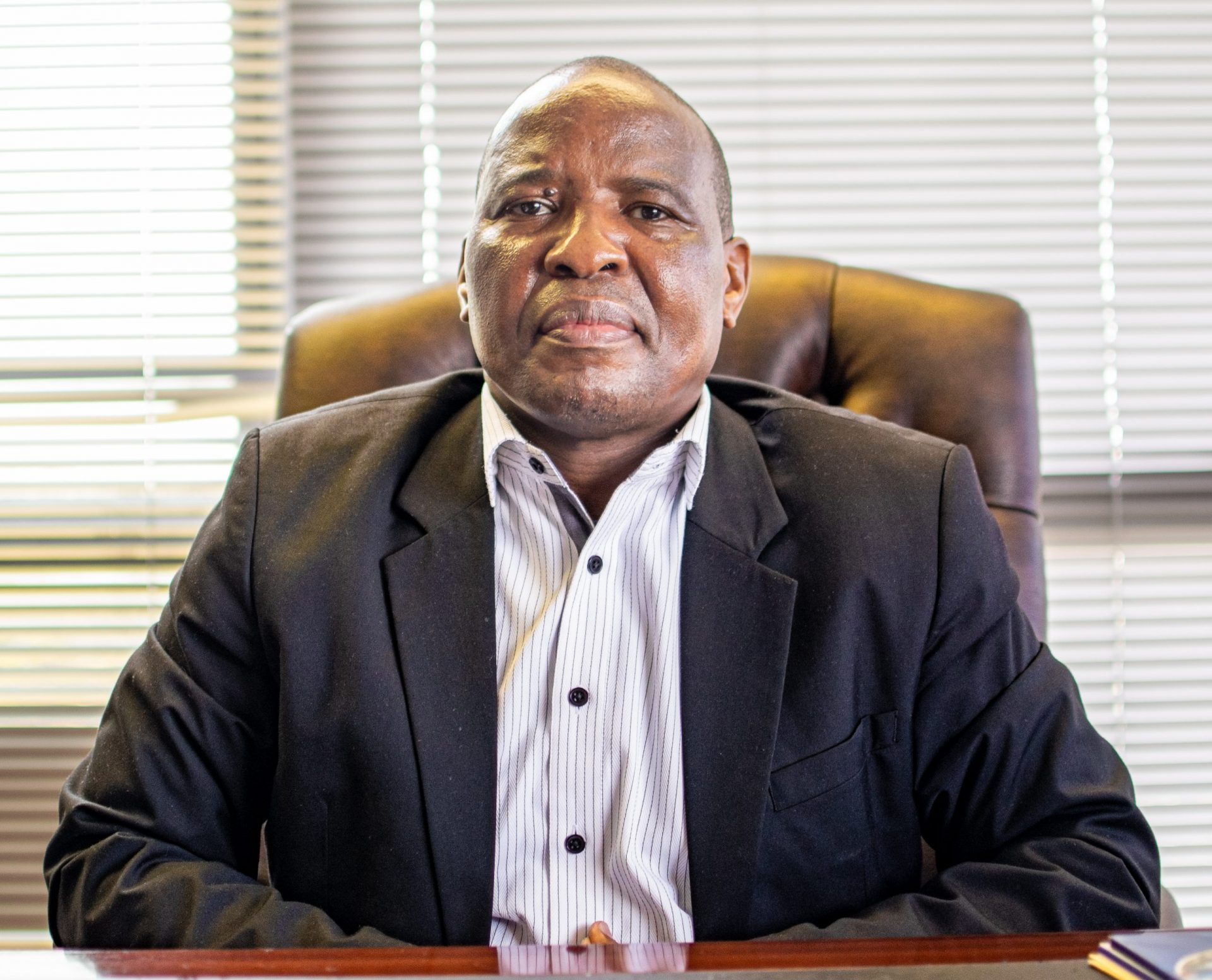SA’s education sector still not transformed

Opinion Piece by Prof MR Kgaphola
The minister of higher education, science and innovation recently released a report of a Ministerial Task Team (MTT) whose core mandate was to investigate the paucity and marginalisation of South African black academics in our universities.
The MTT investigation has laid bare the harsh realities and the systemic barriers that are still faced by black students and academics across the system. Indeed, much of what has been exposed has been the cry of many in the post-1994 era, but which was so often muffled under the pretext of “transformation plans”.
Arguably, the report raises not only educational transformation issues, but fundamentally suggests some discomforting political and sociological questions. One of these questions relates to the extent to which black academics and education activists may have, perhaps unwittingly, been demobilised in relation to the transformation agenda.
Taking account of only permanent South African staff, and using the comparative figures of 2007 and 2017, a number of broad trends emerge from the report. Black academics across the university system increased from 39% in 2007 to 53% in 2017, while white academics decreased from 61% to 47% during the same period.
But the bigger story lies beneath the aggregated figures.
In general, historically disadvantaged institutions (HDIs) carry the highest proportion of black academics, while historically advantaged institutions have the lowest percentage of blacks. The latter group varies from 5.1% at Stellenbosch University to 32% at the University of Johannesburg, in terms of black academics.
Male staff, overall, held a greater proportion of doctoral degrees than female staff.
Consequently, male staff dominated the senior positions while females dominate the junior levels. In terms of South African staff, 52.6% of white staff held doctorates. African, coloured and Indian staff with doctorates comprised 30%, 38.1% and 41% of their respective groups.
As far as broader institutional culture is concerned, the task team has explicitly flagged racism and sexism as deserving special attention, to the extent of even proposing that these should be tackled in “direct and visible ways”.
One is prompted to ask if there should be any surprise that the #FeesMustFall and #RhodesMustFall activists have manifested such high levels of alienation, especially at historically white universities.
Trends with regard to postgraduate enrolment are not encouraging. A 2015 Study on the Retention, Completion and Progress Rates of SA Postgraduate Students shows the postgraduate pipeline in South Africa decreases substantially as students progress from undergraduate to postgraduate studies.
The majority of students who did doctoral study did so part time, resulting in the completion time average of five years instead of the regular three years. African and coloured students have the lowest completion rates followed by Indians, while white students have the highest throughput rates.
The challenge now is for the university sector to do an introspection and ask how we can improve our performance for the long-term benefit of our nation and our very institutions.
* Professor Kgaphola is Deputy Vice-Chancellor: Research and Innovation at the University of Zululand.


10 Comments
I don’t think the title of your article matches the content lol. Just kidding, mainly because I had some doubts after reading the article.
이러한 보너스들은 플레이어들이 추가 혜택을 누릴 수 있도록 도와줍니다.
만약 문제가 계속되면, 고객 지원 팀에 직접 연락하여 도움을 요청해야 합니다.
Mushq Pk offers a stunning collection of Pakistani bridal dresses online, perfect for your special day. Choose from a wide range of bridal dresses for barat and experience the epitome of elegance and style in Pakistan.
Embrace the challenge and conquer the game. Lucky Cola
Can you be more specific about the content of your article? After reading it, I still have some doubts. Hope you can help me.
Strategize, battle, win—experience it now! Lucky cola
Your point of view caught my eye and was very interesting. Thanks. I have a question for you.
Thank you for your sharing. I am worried that I lack creative ideas. It is your article that makes me full of hope. Thank you. But, I have a question, can you help me?
This article really hits home. It’s shocking to see that despite some progress like the increase in black academics, there are still major issues. I remember when I was in school, there were very few black teachers in senior positions. It made me feel like I didn’t have many role models who looked like me. How can we ensure that these systemic barriers are completely broken down? And what more can universities do to truly empower black academics and students?